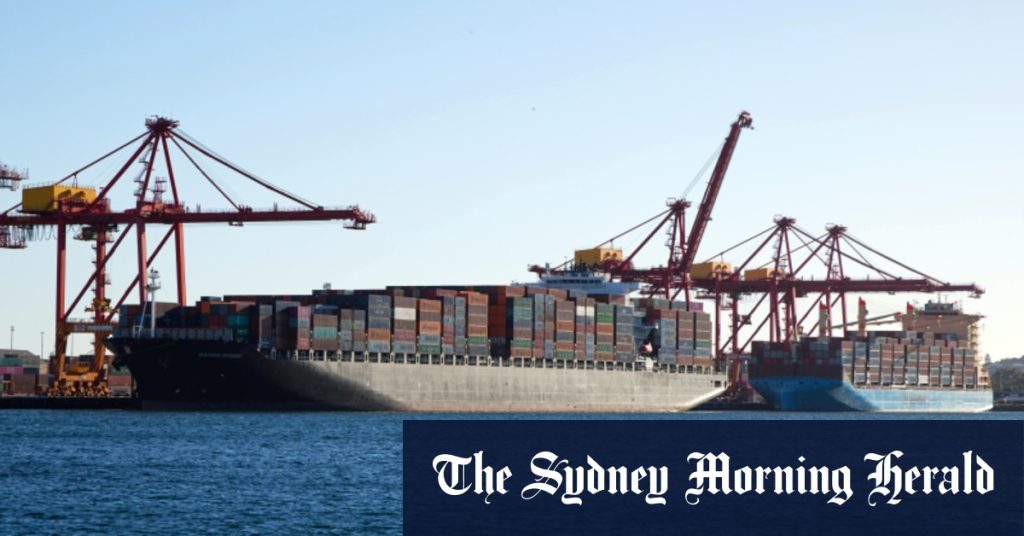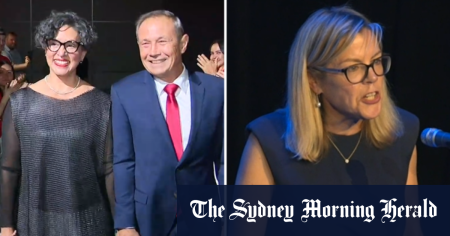The Australian freight industry is bracing for significant disruptions as the Maritime Union of Australia (MUA) prepares to launch a series of rolling 24-hour strikes at several key ports, including Fremantle, over the Christmas and New Year period. The industrial action, scheduled to commence on December 20th and continue until January 2nd, targets Qube, a major logistics operator, and escalates a protracted dispute over wages and working conditions. While the strikes will primarily affect the movement of bulk goods such as grains, steel, and machinery, rather than containerized consumer goods, industry experts warn of substantial repercussions for businesses across the country. The timing of the strikes, during a critical period for supply chains, has further amplified concerns and sparked accusations of the union holding the nation “ransom.”
At the heart of the dispute lies a clash between Qube’s proposed wage increase and the union’s demands for greater control over worker scheduling. Qube has offered an 18% wage rise over four years, a figure that appears substantial on the surface. However, the MUA, representing the majority of dockworkers, argues that the core issue revolves around Qube’s current practice of determining worker shifts just 4pm the day before they commence. This short notice, the union contends, creates significant challenges for workers in managing their personal lives, contributing to fatigue and raising safety concerns. The MUA emphasizes that these issues have been consistently raised with Qube during over three months of negotiations, but their concerns have been dismissed.
The union’s frustration with Qube’s perceived intransigence has led to the planned industrial action. MUA deputy national secretary Warren Smith has accused Qube of “stupid gameplaying and manipulation,” alleging a disregard for worker well-being. He has vowed to intensify the strikes until a “common sense” resolution is achieved, indicating a firm stance and a willingness to prolong the disruption if necessary. The MUA’s decision to target the holiday period underscores the seriousness of their concerns and their determination to exert maximum pressure on Qube.
Qube, however, vehemently denies the union’s accusations. A company spokesperson has dismissed the strikes as “attention-seeking” behavior, characteristic of the MUA’s tactics. This stark contrast in perspectives highlights the deep divisions between the two parties and suggests that a swift resolution may be difficult to achieve. The public exchange of accusations further underscores the breakdown in communication and the increasingly adversarial nature of the dispute.
The impending strikes have sent ripples of anxiety through the Australian freight industry. While the immediate impact on consumer goods availability is expected to be minimal, businesses reliant on the timely delivery of bulk commodities face significant uncertainty. Kelly Crossley, an international supply chain expert, warns that although supermarket shelves may remain stocked, the disruptions will have “a massive impact to businesses.” This sentiment reflects the broader concern that the strikes will exacerbate existing supply chain pressures and contribute to further economic instability.
The situation presents a complex dilemma. While Qube’s proposed wage increase appears generous, the MUA’s concerns about worker scheduling and the potential impact on safety and fatigue cannot be ignored. The timing of the strikes, during a period of heightened economic sensitivity, adds another layer of complexity. Finding a resolution that addresses both the workers’ needs and the economic realities facing the freight industry will require significant compromise and a willingness from both parties to engage in constructive dialogue. The potential for prolonged disruption and its cascading effects on the Australian economy underscore the urgent need for a mediated solution.










